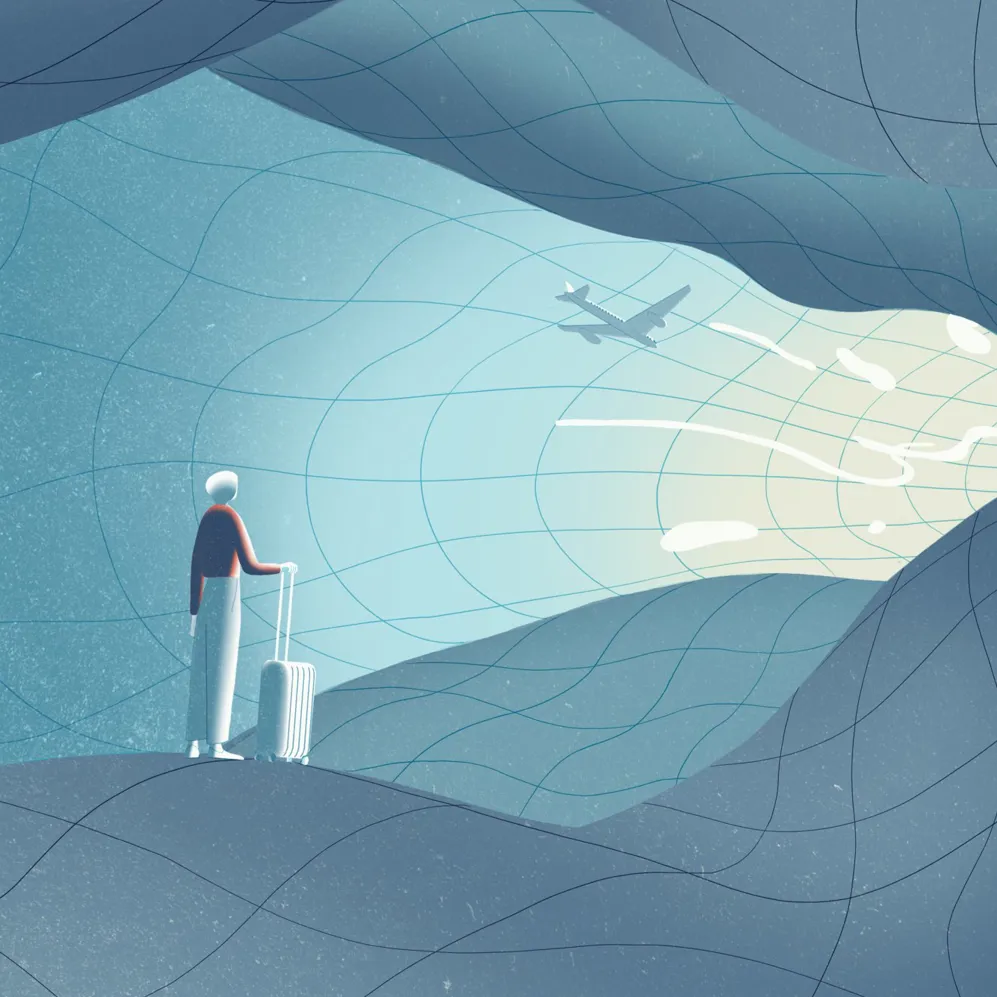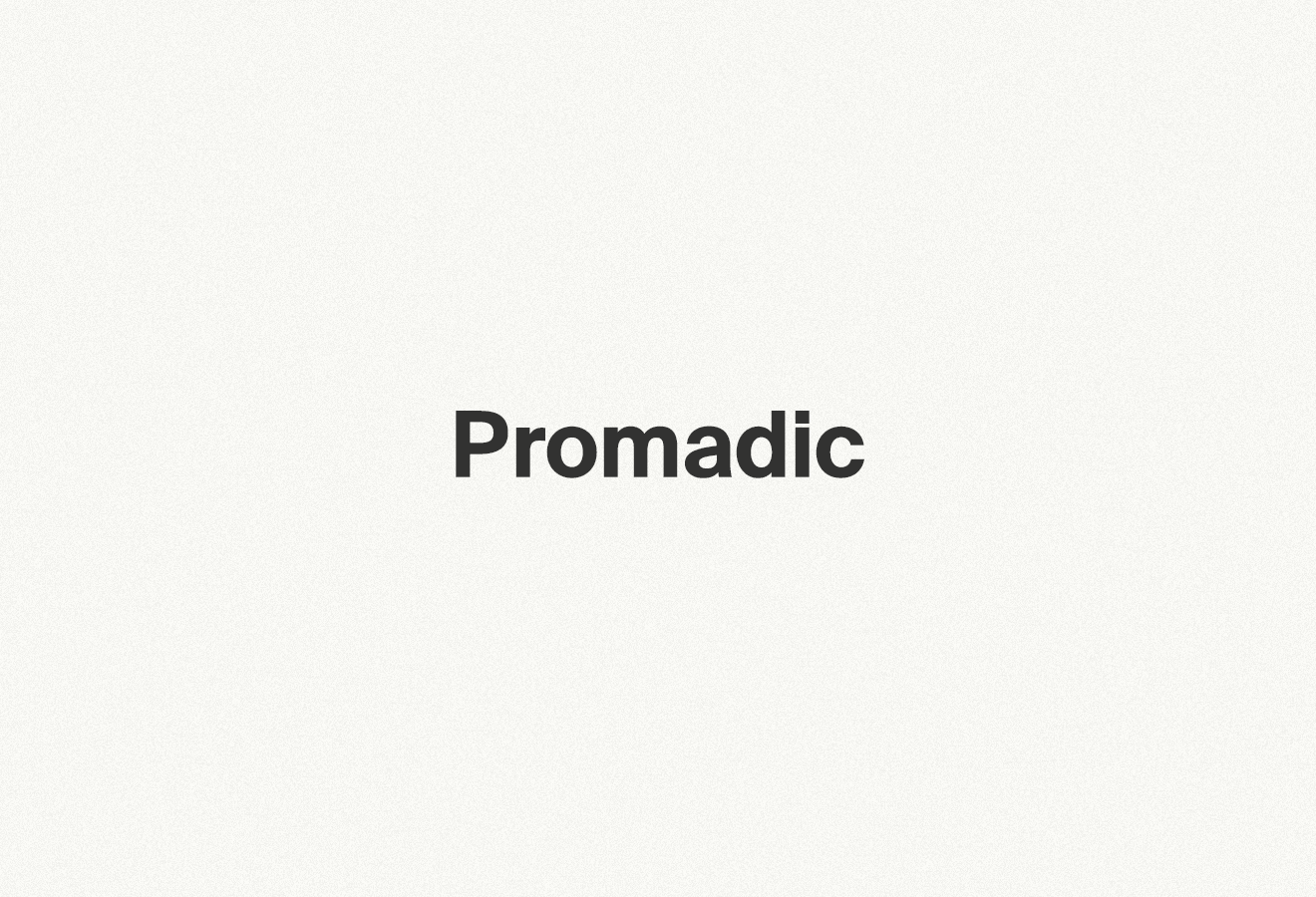
Illustrations Jun CenDate 17 March 2020
By the end of the coming decade, a fresh, self-actualizing impulse will drive a new generation of travelers. Together with world-leading foresight consultancy The Future Laboratory, Design Hotels embarked on a year-long study to better understand this emerging mindset. First, the bad news: With just 57 countries on schedule to meet their 2030 climate change commitments made under the Paris Agreement, a global climate crisis—manifest through more frequent heat waves and hotter summers, greater rises in sea level, and in many parts of the world, worse droughts and rainfall extremes—is already upon us.
With tourism accounting for 8% of global greenhouse gas emissions, the Promad (read: progressive nomad) will be more conscious than ever of the impact of their travels on the environment, welcoming the emergence of a new attitude to travel. But it isn’t just about saving the planet. It’s about embracing new technologies, innovations, and disruptions at a time when major societal topics are being debated: overtourism, demographic transformation, jet flight restriction, expanding connectivity, race diversity, and gender equality.

The trend for Promadic Travel is pan-generational and international, representing a mindset that cuts across lines of identity. The notion of “high-end” to Promadic Travelers will not be defined by the material and acquisitional but by the experiential and intellectual. While purpose and progress represent the collective end for Promadic Travelers, the means through which this is achieved may initially differ from generation to generation or from guest to guest.
Sustainability-focused Generation Z Promads, for instance, could fuel demand for “pestaurants,” byproduct dining, and energy-positive buildings. A recent survey by Booking.com of Generation Z consumers across 29 global markets revealed that 77% said the environmental impact that traveling has on destinations is an important factor when deciding where to travel, while 81% said they would want to stay in green or eco-friendly accommodation.
As a collective, the way Promads book their travel will be flexible and seamless, fueled by word-of-mouth approval and enabled by social media, augmented reality (AR) experiences, and smart banking that anticipates their travel budgets. And the way they choose to travel will recall nomadic tribes of the past—opting to go by land and sea rather than polluting the air further. Ultimately, Promadic Travelers will not see themselves as consumers. They will travel to produce and contribute, helping them and the local communities to progress in the process.
The Promadic generation of travelers sees themselves—and the brands they increasingly want to deal with—as fluid, collaborative, and purpose- or mission-driven. They are connective, creative, culturally acquisitive, and federated. Generally, they would describe themselves as self-motivated and entrepreneurial, and they believe in brands that reflect such mindsets.
Over the next decade, any remaining distinction between premium offerings and sustainability will fade from existence as the two concepts become synonymous with one another. Forming the heart of the Promadic Traveler’s decision-making process, future travelers will expect brands to have done their eco-research for them, with “premium” defined by the assumption of sustainability.
Ross Harding, creative sustainability consultant at Finding Infinity, an organization dedicated to speeding up the world’s transition to self-sufficient cities, says: “We talk about zero impact, but why can’t we make a positive impact?”

Within the next decade, key value shifts will have taken place, taking us into the age of the Promadic Traveler.

The preceding article is excerpted from the 2020 edition of Directions, an annual magazine by Design Hotels that looks at movements underway in art, design, food, wellness and fashion, and how they affect the way we live and travel. This year’s issue explores the motivations, values, and desires of the Promadic Traveler of tomorrow—one who does not ask where to travel, but why.